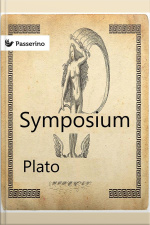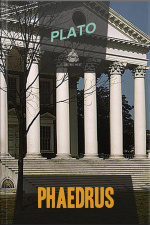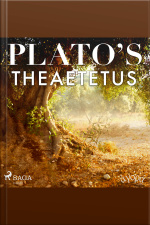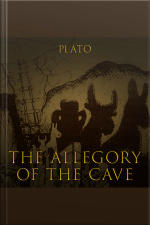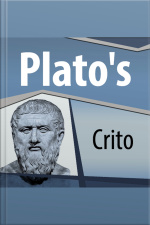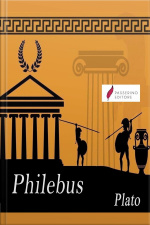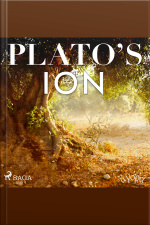The Symposium is a philosophical text by Plato dated c. 385–370 BC. It depicts a friendly contest of extemporaneous speeches given by a group of notable men attending a...
The Phaedrus is closely connected with the Symposium, and may be regarded either as introducing or following it. The two Dialogues together contain the whole philosophy of Plato...
Plato’s dialogues frequently cover several topics and show their connection to each other. The "Phaedrus" is a model of that skill because of its seamless progression from...
Laches, a general in the Athenian army, saw Socrates fight bravely in the battle of Delium. When he and Nicias, another general, are asked to explain the idea of courage, they are...
Perception, memory, truth, and knowledge all play major roles in this dialogue. What is remarkable about Plato’s treatment of those ideas is how contemporary are both the...
A dialogue between Socrates and Meno probes the subject of ethics. Can goodness be taught? If it can, then we should be able to find teachers capable of instructing others about...
The Allegory of the Cave appears in Plato’s Republic and compares the effect of education and the lack of it on human nature. It is written as a dialogue between Plato's brother...
The Athenian court has found Socrates guilty and sentenced him to death. While he is waiting to be executed, his friend, Crito, comes to the prison to persuade him to escape and...
The Philebus is a Socratic dialogue written in the 4th century BC by Plato. Besides Socrates (the main speaker) the other interlocutors are Philebus and Protarchus. Philebus, who...
Socrates questions Ion, an actor who just won a major prize, about his ability to interpret the epic poetry of Homer. How does an actor, a poet, or any other artist create? Is it...
